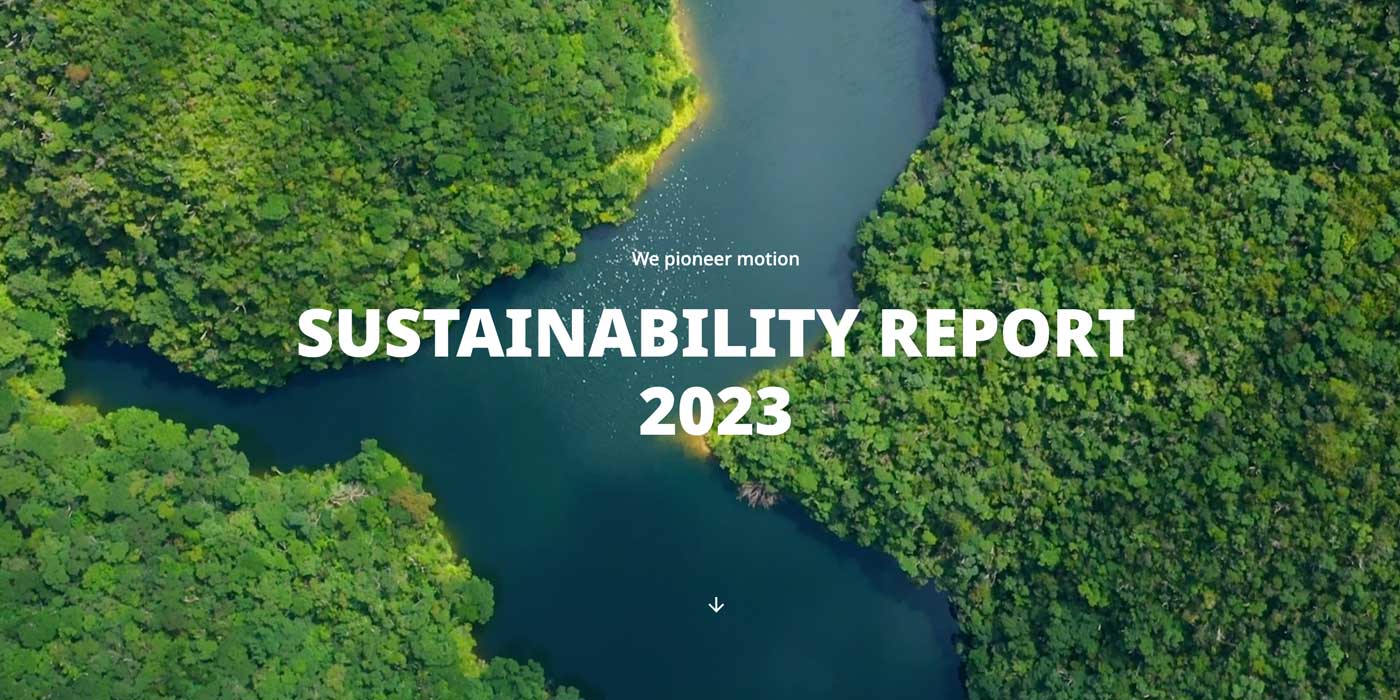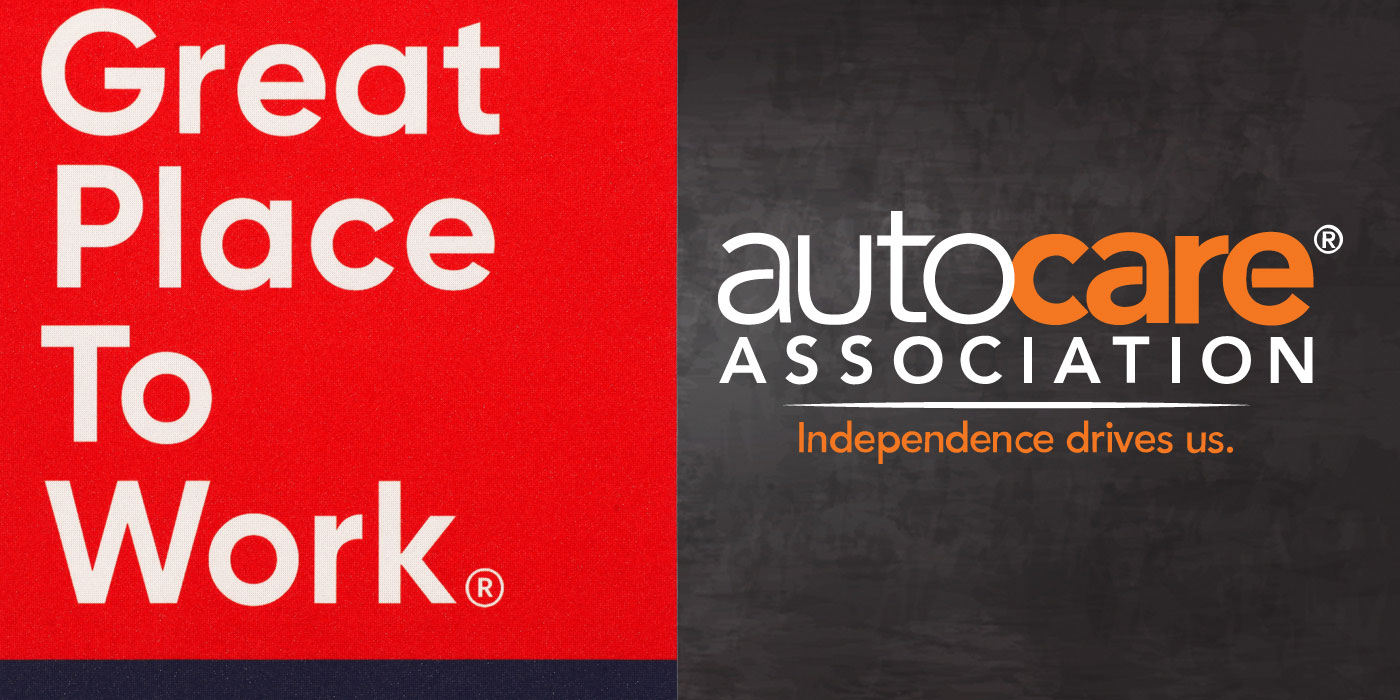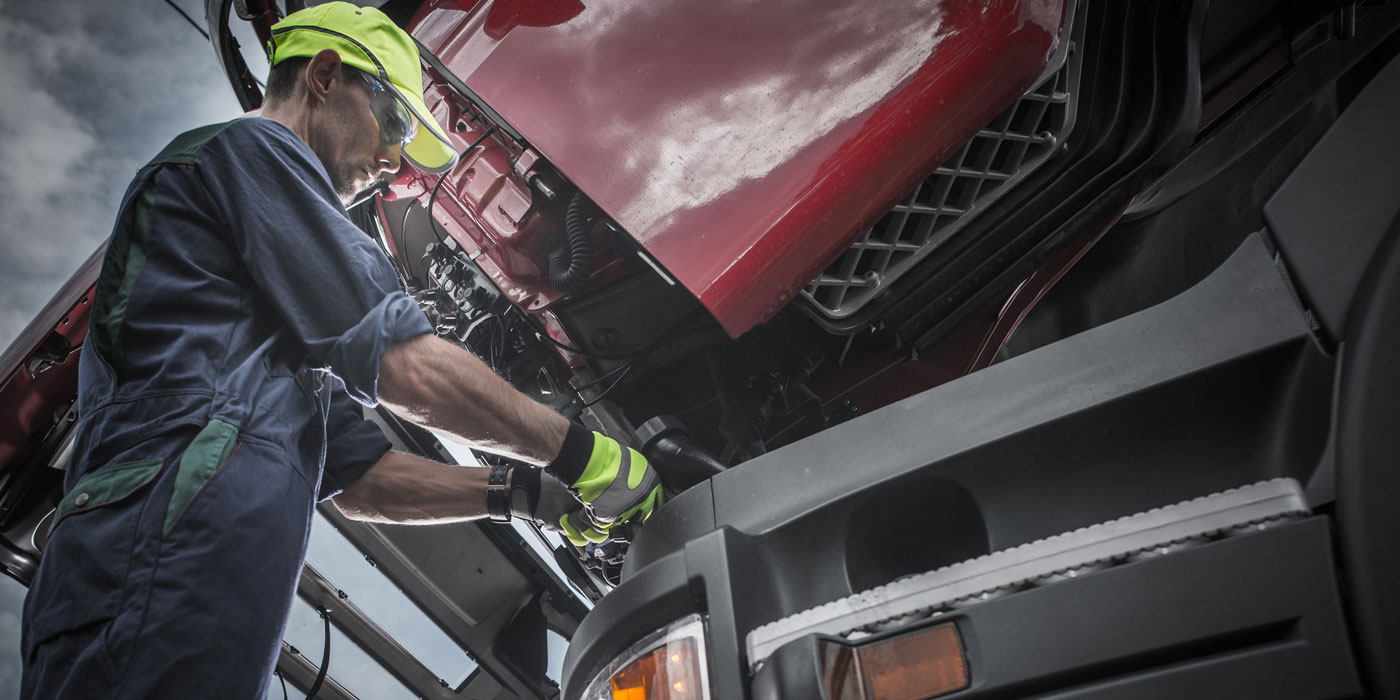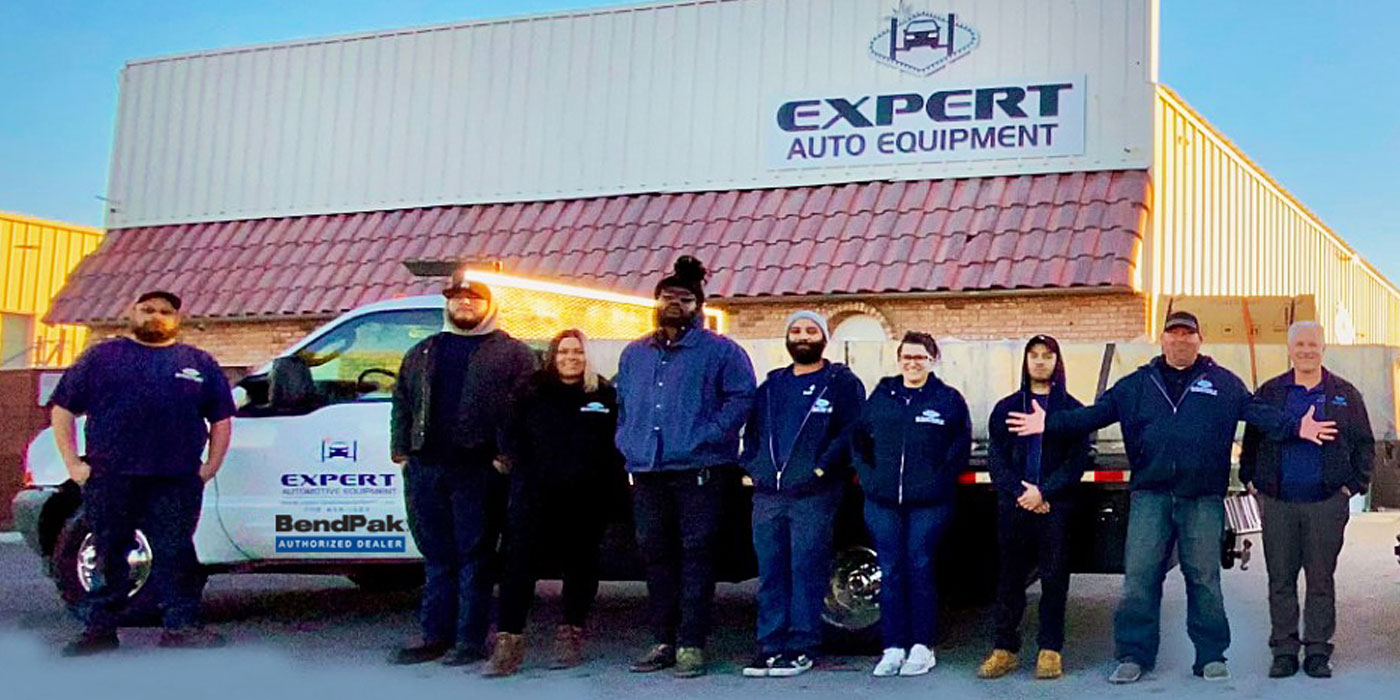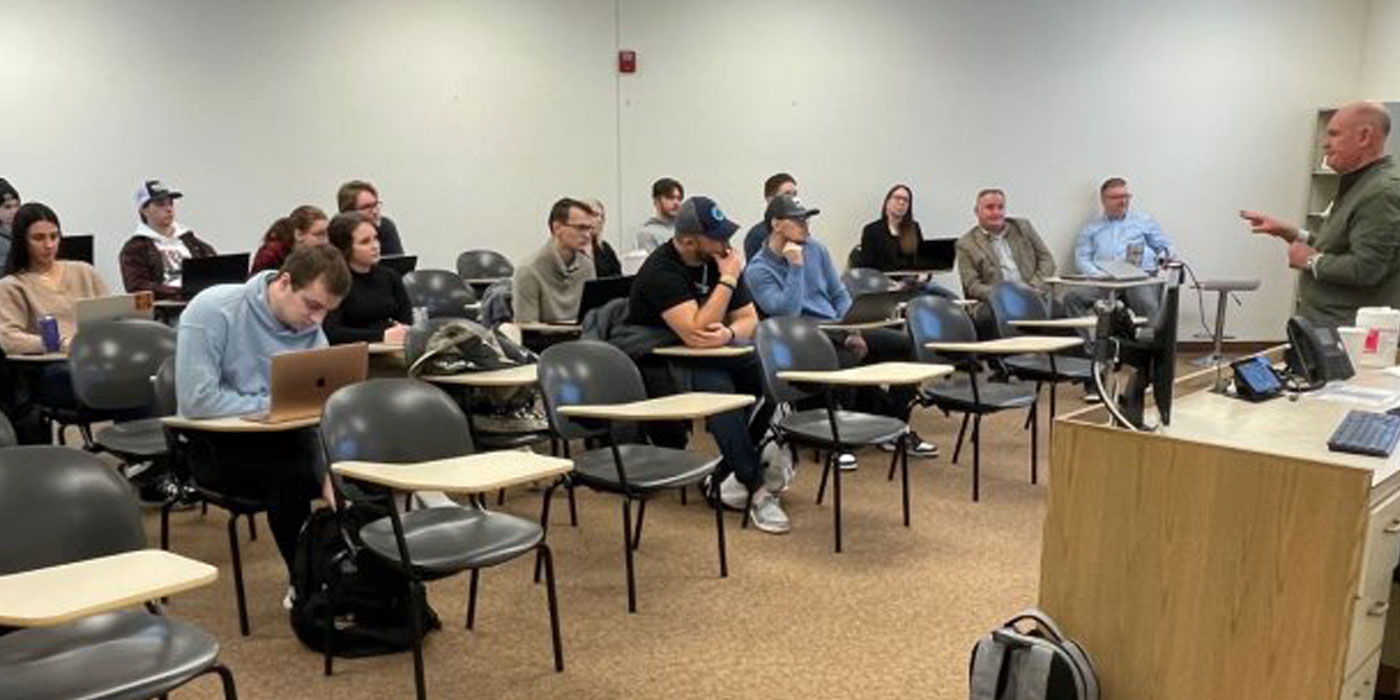 Bill Maggs, President, National Pronto Association
Bill Maggs, President, National Pronto Association
What product categories are benefitting most from Americans holding onto their vehicles longer?
Probably the best category is in the area of brakes. Friction, rotors, calipers, hydraulics and hardware are certainly moving well because of vehicle age. Other categories also benefit such as hoses and belts.
How important is data/data warehousing to your operations?
Our data warehouse is very important to the overall success of National Pronto. We utilize the data internally for managing purchasing, national accounts and membership benchmarking. The day I say I’m where I want to be with data warehousing is the day I say I quit paying attention.
What type of alternative products are you seeing coming into the mix different from maintaining cars and light trucks? For example, batteries or battery chargers for powersports, ATVs, boats, etc?
Pronto members focus on providing parts and service to the professional shops. There are many new parts and categories coming into play each year, but our focus stays on maintenance and repair of cars and trucks.
What issues keep you up at night?
Telematics and the dealers’ goal of keeping the car owner connected with technology.
I’m certainly aware of some aftermarket solutions being developed that can be utilized at independent repair shops. But you have to find a value add for the customer to pay for it. The dealers are doing a good job of connecting to their customers and we have to as well. Customers are wired these days and the independent channel needs to be sure they’re participating.
Customers like tech that makes their lives easier. If I have to go out of my way to do business with someone, it makes me think twice about doing so.
All in all, our independent distributors are doing a pretty good job.
What effect is legislation having on your group’s need to warehouse parts? For example, additional SKUs to fulfill emissions requirements set forth by California, Maine, New York?
It creates more inventory at higher prices.
It began affecting people in California years ago and will in New York. The issue is that those people in New York are going to have to buy a much more expensive cat converter. But how can you complain about clean air? You can’t.
What’s your gut feeling about the outlook for the remainder of 2013 and 2014?
Business has been good. Our outlook for the balance of 2013 and 2014 is very positive.
If things stay on the track they are, I think we’re going to be ok. We’ve got really good distributors that are very good in their markets. And we’ve got this aging vehicle population.
People are pretty positive now. I’ve got a few members looking at opening new locations and expanding.
 Dan Freeman, President, APA—Automotive Parts Associates
Dan Freeman, President, APA—Automotive Parts Associates
What product categories are benefitting most from Americans holding onto their vehicles longer?
Brakes, ride control and exhaust.
How important is data/data warehousing to your operations?
It’s now become the No. 1 topic. Everyone knows with the proliferation of parts you must have the parts on the shelf at the time of the demand. You must target the right inventory. The enhanced business management tools offered through data warehousing solutions are increasingly important to vendors just as they are to the warehouse distributor. It comes down to managing scarce resources in an efficient manner to improve profitability and expand market share.
What type of alternative products are you seeing coming into the mix different from maintaining cars and light trucks? For example, batteries or battery chargers for power sports, ATVs, boats, etc.?
Additional coverages such as CV axles, batteries and filters, vehicle-specific fluids, belts and hoses for ATVs, scooters and motorcycles.
What issues keep you up at night?
Consolidating marketplace and margin compression.
What effect is legislation having on your group’s need to warehouse parts? For example, additional SKUs to fulfill emissions requirements set forth by California, Maine, New York?
Obviously any more legislation impacts all of us by requiring additional costs to do business. Whether it’s insurance costs, OSHA requirements, hazardous materials requirements, additional costs for impact rooms for explosive materials or anything else effecting business in America.
What’s your gut feeling about the outlook for the remainder of 2013 and 2014?
It’s a bright outlook. We’re starting to recover from the recession years. Cars on the road are getting older. The main concern is miles driven. If that increases, we’ll see a real run-up on parts sales.
Rusty Bishop, CEO, Federated Auto Parts
 What product categories are benefitting most from Americans holding onto their vehicles longer?
What product categories are benefitting most from Americans holding onto their vehicles longer?
Consumers have been keeping their cars longer. That trend has resulted in an increase in vehicle maintenance, which helps move products like filters and wiper blades, but it also has created more demand for replacement parts. Over the past few years, we have seen growth in replacement parts as a percentage of total aftermarket spend and this is due directly to an older vehicle parc and the soft economy. Product categories like brakes, shocks and struts, axles, bearings, timing parts, etc. all benefit from the extended mileage of vehicles kept longer by car owners. And, with this focus on replacement parts, we are seeing growth in the professional service sector and a decline in do-it-yourself repairs.
At Federated, we follow industry trends closely and share them with our members throughout the year in an effort to better understand and anticipate changes in the marketplace. We look at market changes, product lines, brand equity, inventory mix, coverage, features and more, on a regular basis in order to determine how to best approach the evolving market. From there, we develop strategies to assist our members in growing sales, increasing profits and improving asset management. An important trend like Americans holding onto their vehicles longer has an impact on our membership and, with strategic planning, the impact can be a very positive one.
How important is data/data warehousing to your operations?
Data warehousing is one of the more important aspects of inventory management that Federated has developed in recent years. Increased data analysis allows our members to do a better job analyzing customers, suppliers and product categories in order to determine areas of opportunity and improvement. By sharing information at the aggregate level between all members, we can do a better job as a group, finding ways to improve our businesses in such areas as pricing, inventory assortment, trend analysis and warranty. We have only begun to realize the power of data and are developing new tools frequently to help deploy it more effectively. We are working more closely with our suppliers, improving efficiencies in many areas and developing value through collaboration. Going forward, I expect the continued growth in data utilization to be a key component of Federated members’ success.
What type of alternative products are you seeing coming into the mix different from maintaining cars and light trucks? For example, batteries or battery chargers for powersports, ATVs, boats, etc?
We are always looking to support Federated members with new products and new markets whenever possible, and this often means adding a niche line to complement a product offering. The Federated Co-Man warehouse is extremely effective at creating complete categories by partnering with multiple suppliers focused on doing what they do best. The Co-Man operation also allows us to consider emerging categories and make them available to members before market demand is mature. With some of the new technology and diagnostic-driven products, we are seeing once-emerging product categories mature and grow, allowing for new categories to come to the forefront. We are working closely with suppliers to develop more coverage for specialized markets like marine, farm and fleet, industrial and so on, and we support Opticat’s efforts to expand catalog listings in many of these areas.
What issues keep you up at night?
We worry about the amount of inventory that exists in the distribution network today and the effect that terms factoring has on our industry. Certainly new technology and how it will impact our business is always a concern. We know that vehicle manufacturers want a bigger share of the service market and are trying to “lock out” the aftermarket. That’s why we are so appreciative of all those fighting for the Right to Repair legislation that is critical to not only our industry, but the motoring public. Also, because we are concerned about a thriving future for the motor vehicle aftermarket, we support a variety of education initiatives to help attract and train talented individuals that make an industry strong. Personally, I serve as the chairman of the University of the Aftermarket Foundation and work with a dedicated board of trustees who see education as essential to a vibrant, growing aftermarket industry.
What effect is legislation having on your group’s need to warehouse parts? For example, additional SKUs to fulfill emissions requirements set forth by California, Maine, New York?
Variations in emissions, safety requirements and other legislation dictated by an individual state can create a number of issues for our members’ warehouse distribution centers and auto parts stores, particularly when there is a direct impact on inventory. In addition to the physical inventory itself, state regulations that vary from national norms also create issues with catalogs, demand information and other pertinent product-related data that our members rely on to run their businesses. Unfortunately, we foresee state-by-state legislation becoming more prevalent going forward. For example, the new brake copper standards established on the state level result in more differences in the absence of federal guidelines. If things continue this way, we anticipate huge challenges throughout the distribution channel.
What’s your gut feeling about the outlook for the remainder of 2013 and 2014?
At Federated, we will continue to sell parts and consumers will continue to get tremendous value from the aftermarket. I believe there is an opportunity for continued growth in the market with an older vehicle population, slow new car sales recovery, an improving economy and a growing vehicle population. Taking advantage of the opportunities ahead requires a renewed focus on customers and collaboration between members and with supplier partners.
Federated members are some of the most progressive in the aftermarket and can compete well with any competitor on a level playing field. They have valuable tools available to them, including the best marketing and support programs in the industry. Our Co-Man warehouse allows us to provide value to suppliers through high-volume shipments to one location and gives us the ability to purchase efficiently and offer fast replenishment. While things may not get easier in the coming years, this is a business that rewards hard work and honesty. When I look at our membership, our supplier partners and our Car Care Center members, I feel very optimistic about the future.
Mike Lambert, President, Automotive Distribution Network
 What product categories are benefitting most from Americans holding onto their vehicles longer?
What product categories are benefitting most from Americans holding onto their vehicles longer?
The aging vehicle fleet has to be maintained. Normal wear items such brakes, chassis, and shocks will always benefit from older vehicles. But as the fleet, that is now exceeding 11 years of age, transitions out past the extended warranty period, emissions and drivability items will have a greater replacement rate.
How important is data/data warehousing to your operations?
This has become one of the most important areas and services that our association provides. As parts proliferation continues to grow, the proper data in modeling inventories is the difference between success and failure.
What type of alternative products are you seeing coming into the mix different from maintaining cars and light trucks? For example, batteries or battery chargers for powersports, ATVs, boats, etc.?
Many distributors are looking to differentiate themselves from their competitors and the retailers. Based on their customers’ needs and their own ability they may be venturing into heavy-duty, PB&E, ATV, boating or powersport products. We are distributors first, and we will sell what our customers want and what we have the ability to deliver.
What issues keep you up at night?
Succession planning for all independent warehouse distributors. If every entrepreneur needs an exit strategy, then where do they turn as they approach that time in their career when they want to transition out of the business?
What effect is legislation having on your group’s need to warehouse parts? For example, additional SKUs to fulfill emissions requirements set forth by California, Maine, New York?
If it is the law of the land and our customers require the parts then we will add them to meet their needs. Parts proliferation, while costly, is what differentiates many distributors from the retailers. So we are here to serve our customers and we will.
What’s your gut feeling about the outlook for the remainder of 2013 and 2014?
I am always the optimist, so I look for growth in the coming years. I believe that pent-up demand resulting from the recent recession will bode well for us in the next 18 month.
John Washbish, President & CEO, Aftermarket Auto Parts Alliance
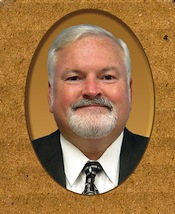 What product categories are benefitting most from Americans holding onto their vehicles longer?
What product categories are benefitting most from Americans holding onto their vehicles longer?
Clearly, “wear” items that require routine maintenance and replacement are the beneficiaries of our aging North American vehicle parc. But we’ve found that you have to tailor your strategies on some items to take maximum advantage of the current market situation. As a great example, consider our launch of Perfect Stop, our exclusive national brand of brakes, two years ago.
Our category managers launched a line of “Made in the USA” friction material co-branded “Perfect Stop by Wagner.” The success of that line is incredible. It was clearly what the market wanted. A price point that was attractive to the vehicle owner, and the performance and reliability that techs wanted. Subsequent to the launch of the friction line, Perfect Stop now has been expanded to include rotors, calipers and brake fluid.
So, yes, the aging vehicle fleet is resulting in increased business for our members but much of that increase can be attributed to the great work by our product and marketing teams.
How important is data/data warehousing to your operations?
Simply put: mission critical. There is arguably nothing more important than having the means to stay on top of burgeoning inventories. A variety of market forces are combining to put upward pressure on inventory levels.
Your first question about the aging fleet is substantial in this area. But, we also have to consider the huge number of new parts we’re seeing…which causes two types of problems. First, it’s just sheer numbers vying for shelf space. But it’s also a need to quickly build data on replacement frequency for those numbers.
The key to understanding these and other inventory-related problems is to start with accurate, replete data. This includes sales history, both our own and that of our channel partners up and downstream, failure rates, manufacturer forecasts, vehicle registrations, consumption rates and customer expectations. All this and more factors into creating a smart view on every item; that, in turn, helps us to have the right part in the right place at the right time — with reasonable inventory levels.
What type of alternative products are you seeing coming into the mix different from maintaining cars and light trucks? For example, batteries or battery chargers for powersports, ATVs, boats, etc?
The category of parts you are referring to we at the Alliance call “othermotive.” These are parts that are very similar to the ones we sell for passenger cars and light trucks, but are used in a variety of other equipment, such as mowers, golf carts, jet skis, etc.
One of the unique challenges with othermotive parts comes in looking them up. The replacement parts aftermarket is almost totally driven by year, make and model catalog lookups. Finding a spark plug for a chainsaw or a belt for a generator cuts against that convention. That is one of the key reasons the Alliance invested in developing our own S.A.T. catalog (supplies, accessories and tools). With the S.A.T. catalog, our counterpeople can find parts in a variety of ways. For example, they can search on physical attributes such as width and circumference in the case of a belt. They can use keywords like “garden tractor batteries” or “outboard engine accessories.” The catalog even recognizes jargon and slang like “blue tape” or “gorilla snot” for certain brands of masking tape and adhesives. It makes finding and selling these critical othermotive parts easy.
What issues keep you up at night?
Course adjustments on my next day’s plan keep me up just about every night. Staying ahead of the increasingly fast aftermarket business pace is so difficult that I bet it keeps a lot of people up. The pace would be impossible if not for robust, well-targeted technology. Having that in spades at the Alliance lets me sleep a little easier most of the time. Still, you have to be decisive in a more timely manner. The Alliance data warehouse is 12 years old. Think about that. The fact that we have that much history in our databank and it’s growing every day; and we are making decisions every day that could impact us down the road. When you’re dealing with a lot of money, a rapidly changing technology base and more than one way to go, you’re bound to lose a little sleep. I can proudly say that our IT team could play at the pro level with their batting average.
What effect is legislation having on your group’s need to warehouse parts? For example, additional SKUs to fulfill emissions requirements set forth by California, Maine, New York?
Our Inventory Optimization Tool (IOT) helps mitigate this issue. It enables us to analyze sales data, inventory data, VIO and failure/replacement rates to make sure that we always have the right part on the shelf at the right time in the right place. By understanding the regional differences in product mix we ensure that regardless of legislative impact, we’re warehousing the product our customers need.
What’s your gut feeling about the outlook for the remainder of 2013 and 2014?
On this one, my intuitive side agrees with our own research and the “experts.” I think we’ll have an “okay” year as far as growth goes, but we’ll have a great year relating to positioning for what’s ahead. My answers to all of the questions you’ve asked lead me to those two conclusions. All I can say is, “Please hold onto the handles until the ride comes to a complete stop."



